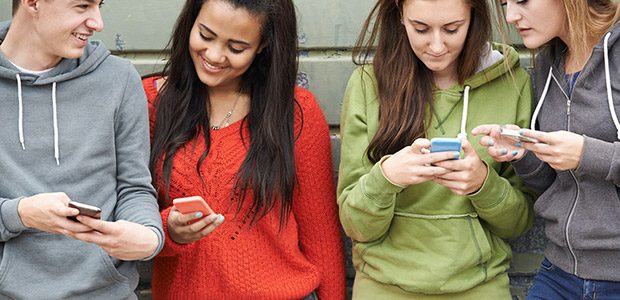
The rise of the internet has meant we have access to information, gaming and social media at our finger tips. This can be great for connecting with people, having fun and learning new ideas.
Unfortunately there can be some downsides to internet access too. Often young people can report bullying, harassment and feelings of low mood following use of social media.
When used in the right way the internet can really add value to our lives so here are some ways we can keep ourselves safe online.
Top tips
- Make sure you adjust your social media settings to ‘private’. This will ensure that no one can access your profile without your approval first. This also means strangers cannot send you messages
- Only accept friend requests from people you know
- If someone is messaging you and you don’t like what they have to say or they are making you feel upset/ annoyed, then block the contact. This will ensure that you do not receive any further messages
- Report anything inappropriate to a trusted adult such as your parents/carer or teacher.
- Check your location settings as some sites, apps and devices let you share your location with other users. Turning off location settings can help protect your privacy and prevent issues of stalking or harassment.
If you are someone who uses social media it’s good to have a think about what you’d like to post before you publish it. Don’t upload or share anything you wouldn’t want your parents, teachers or friends seeing. Once you press send, it is no longer private. Anything you send can be shared with other people including strangers.
Live streaming and apps like Snapchat can feel safer because they aren’t permanent. But it’s important to remember that anything you post online can be screenshot and recorded, and if that happens it’s out of your control.
Social media has become a huge part of everyday life for young people but it’s important to give yourself a break from it. You can set screen time locks on your phone to limit your access which is really useful if you feel like social media is taking over your life.
Social media only shows a snapshot of people’s life that they want to share. Try not to compare yourself to others as often someone’s reality can be totally different.
Be kind to others and yourself and lastly, if it is no longer bringing you enjoyment DELETE IT.

